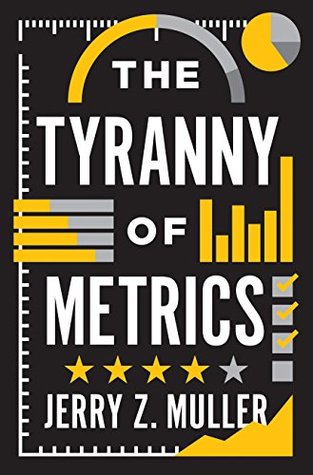The version of the theory prominent in the management literature calls attention to the gap between the purposes of institutions and the people who run them and are employed by them. It focuses on the problem of aligning the interests of shareholders in maximum profitability and stock price with the interests of corporate executives, whose priorities might diverge from those goals. Principal-agent theory articulates in abstract terms the general suspicion that those employed in institutions are not to be trusted; that their activity must be monitored and measured; that those measures need to
...more
Welcome back. Just a moment while we sign you in to your Goodreads account.


